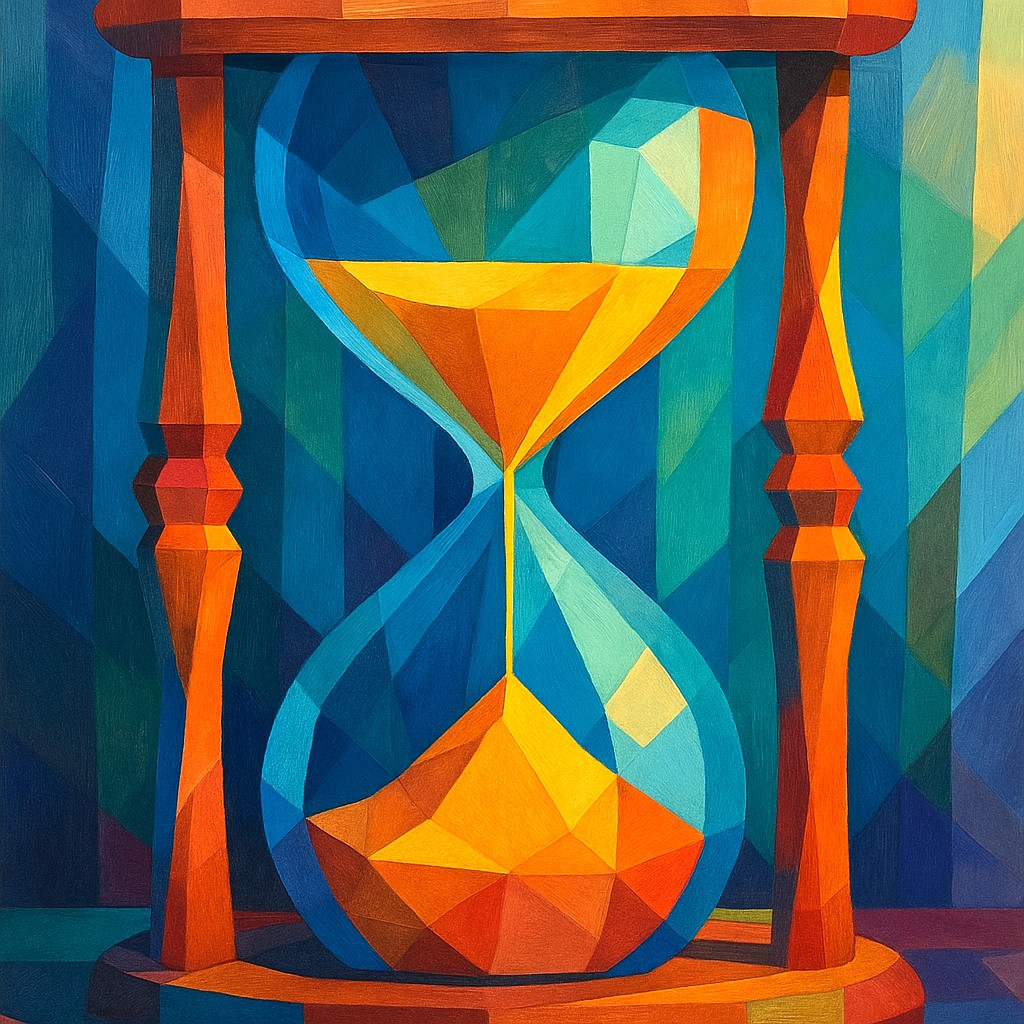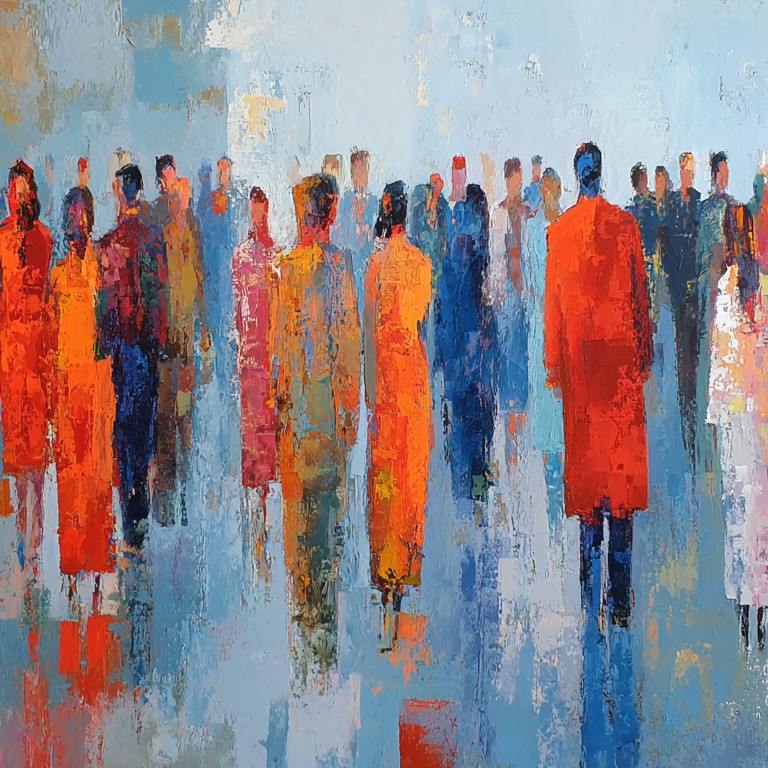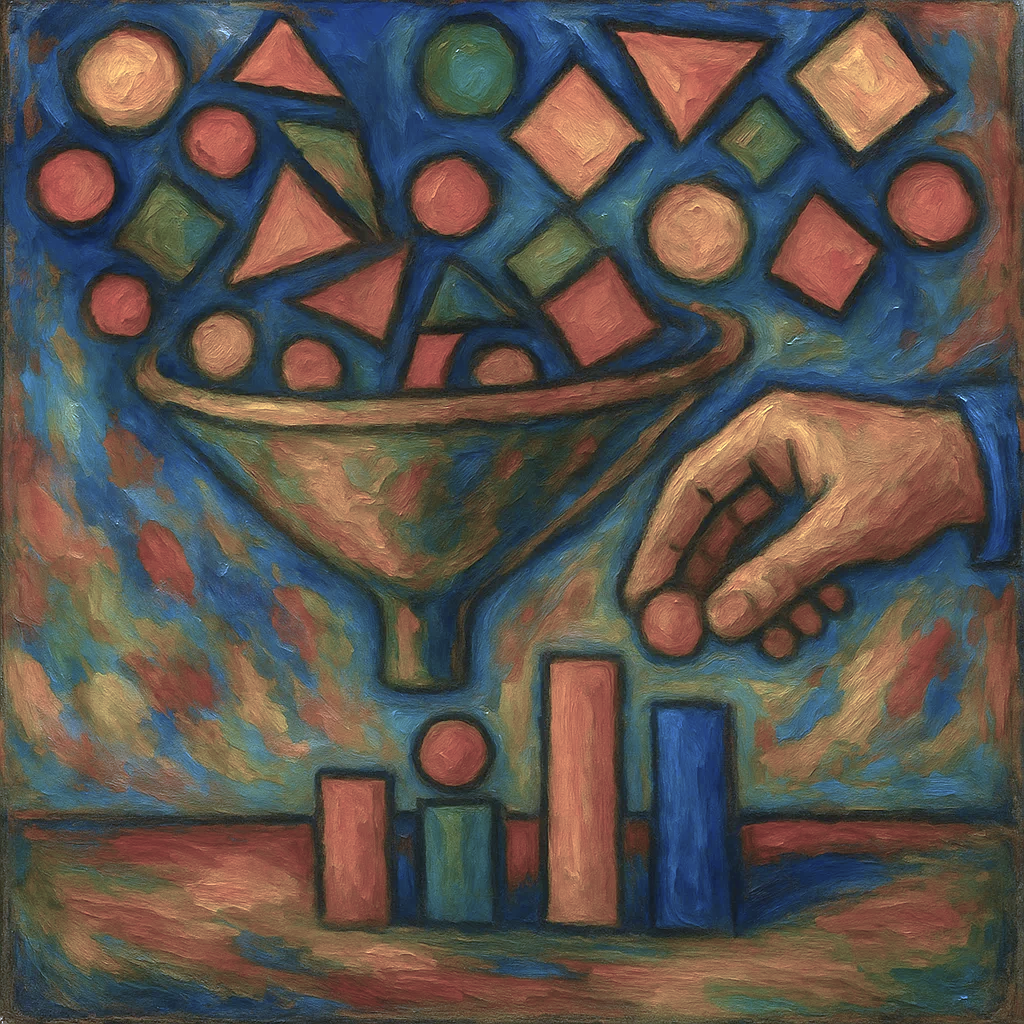Norway First
Insecurity must not cause us to retreat into the snail's house.

Ki-generated illustration from Midjourney
Main moments
The Europe John Maynard Keynes looked back on in 1920 could be our Europe today: “The inhabitants of London could, while enjoying their morning tea in bed, order by telephone the various products from all over the world, in whatever quantities they wish, and reasonably expect their prompt delivery on their doorstep”.
The world of peace and globalization fell on the battlefields of Europe in 1914, and did not rise again until after the end of World War II in 1945.
It is no longer the time of good causes. It is hard realpolitik now.
Are we at the end of our own beautiful period? Russia is at war in the heart of Europe. After years of liberalization, China under Xi Jinping has taken an authoritarian direction, with war in Taiwan as a real possibility; a war that risks dragging the United States into a military conflict with China.
Many analysts believe these developments mark the end of a period of, possibly naive, belief in “capitalist peace.”
The idea was that the “power of money” will ensure that nations “stop war when it threatens to break out,” as Immanuel Kant phrased it. Trading is seeking one's own gain by ensuring that the other party also wins. Mutually burdensome agreements are the gospel of the market. Trade reduces the danger of war by making war more costly. In addition, wealthier citizens are more often friendlier to democracy and liberal values.
Yet, contrary to the theory of capitalist peace, Russia and China show themselves willing to sacrifice economic prosperity for imperialist greatness and strategic advantage.
When faced with such adversaries we can no longer trust that cooperation is always the right strategy. Trade makes us vulnerable. We become dependent on each other and that dependence can be used against us, as when Putin turns back the gas taps and thus leads Europe into a gas crisis.
Western countries are slowly but surely waking up to the realities and attempting to make themselves more independent from their adversaries in Beijing and Moscow by bringing home strategically important tasks, so-called Onshoring, and move import-routes to countries they are in alliances with, so-called friendshoring. Now that war is a reality, we cannot depend on our counterparts to be able to operate.
It is therefore refreshing to see that a youth party is pointing out a new course for Norway. Ola Svenneby and the rest of the programme committee of the Young Conservatives have come up with a new programme in which they take a clear line with a naive and unclear Norwegian foreign policy. Norway's foreign policy has one purpose: to secure Norwegian interests, nothing else. And that is best done through strengthening NATO and the European Union, cutting aid and stopping accepting refugees, and securing the supremacy of the West.
Young Conservatives probably see themselves as the realists urging Europe not to fall into the trap of Neville Chamberlain, who sought reconciliation with Hitler on the advance. The parallel to Putin is relevant, and the message of strengthening defence and NATO is easy to agree with; but this is not where the Youth Party treads new ground. Europe stands relatively firmly on the line of stopping Putin's advance and Norwegian politicians and people have already seen the need to arm up.
What is new is the uncompromising focus on the interests of Norway and the West. It is no longer the time of good causes. It is hard realpolitik now.
There is a lot of truth in the need not to make oneself vulnerable in the face of one's enemies. The question, however, is whether replacing trade with an embargo is in Norway's self-interest. As we must learn from Chamberlain, we must also learn from the escalating logic of protectionism. La Belle Époque were not only broken by wars, but also by the protectionism that destroyed economies and contributed to one world war being followed by another.
The protectionist logic says: Our enemies are rusting up. Now we must also gear up, cut our ties and strengthen our alliances. All the benefits that benefit our enemies strengthen them. In game-theoretic terms, we go from positive-sum games, where one seeks situations where both parties win, to zero-sum games, where the other party's win is considered a loss.
But when both parties are locked in a zero-sum game, it's easy for the situation to escalate. The other party must expect you to now follow a conflict-seeking strategy. And the best response against someone who is conflict-seeking is to arm up and make themselves less dependent.
Protectionism also reduces the cost of conflict. While capitalist peace is not the whole story, it is equally clear that war costs more the closer our economic links are. Protectionism ensures that the economic losses are taken until an eventual conflict, making war cheaper than it would otherwise be. One advantage of our close economic relations with Russia, is that we can thwart Russia's war through economic boycott.
Pulling ourselves out of the contribution to global common goods, such as the asylum institute and development aid, can also be problematic. It's not just moral reasons to give refugees a place to be safe and give those living in extreme poverty vaccines and other health care.
First of all, this is part of Norway. soft power, which we can use to solve collective problems, such as refugee flows, pandemics, climate challenges and risks associated with new technologies. We live in an interconnected world and it is naive to think that we can hide from the problems of the world.
The aid and other selfless contributions are also a clear signal that Norway is a nation to rely on. When our friends go in a protectionist direction, it may be in Norway's purely cynical self-interest to be a stable partner for countries outside our own sphere of interest, and not just when it pays directly to us.
A few billion in aid could thus be a smart insurance scheme until the day we are really in trouble.
More from Langsikt

Input to the strategy for Norway's cooperation with the World Bank
Norway should see its cooperation with the World Bank, particularly IDA, as more than an aid tool - it should be part of our long-term strategy to contribute to a stable and resilient world with less inequality and less poverty. Here are nine inputs on how.

Norwegian aid can accomplish much more if it is prioritized correctly. Here are suggestions on how
Below are two proposals for structural measures in the aid budget, and then two concrete budget amendments that can save free up room for action for new initiatives (a total of NOK 1 billion in 2026).

Input to Development Minister in Light of Global Aid Cuts
Global aid cuts must have consequences for Norwegian priorities.

The death of the aid percentage: An analysis of what Norwegian aid goes to
Never before has the share of Norwegian aid going to poverty reduction and development been lower.